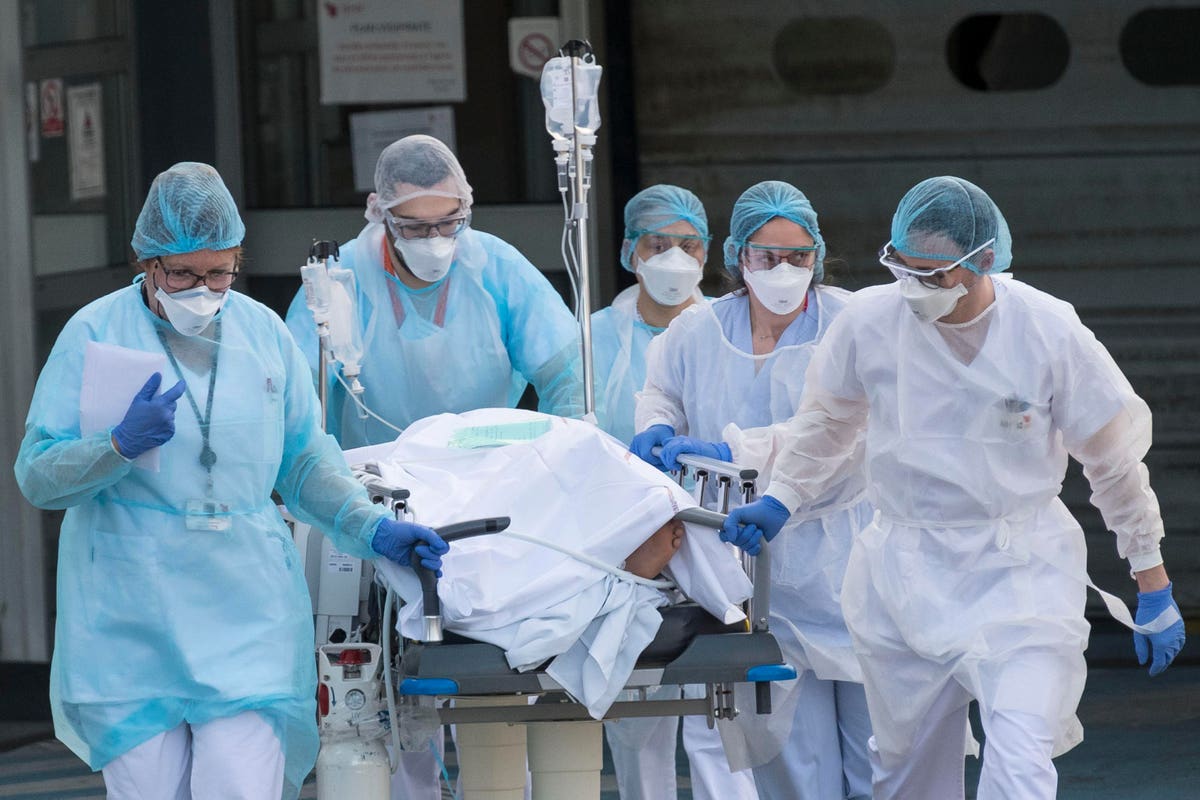There is a persistent myth that healthcare is magically free after you’ve retired, partly thanks to Medicare. Ask any retiree with a health condition, and I assure you they will tell you medical care is not free. The estimated healthcare expenses in retirement may cause you to worry about running out of money. Hopefully, those high costs will encourage you to make healthier choices now.
The higher your income, the higher your premiums will be for Medicare. How much your household spends on medical expenses will ultimately depend on your health.
A new study from Fidelity revealed the average 65-year-old couple retiring this year will need about $315,000 to cover healthcare costs. According to the report, “The estimate assumes retirees are enrolled in traditional Medicare, which between Medicare Part A and Part B covers expenses such as hospital stays, doctor visits and services, physical therapy, lab tests and more, and in Medicare Part D, which covers prescription drugs.”
I must point out that $315,000 is more than many households have saved for retirement. For singles, the retirement healthcare expenses are half that figure at $157,500. Remember, long-term care expenses are not included in that total. Ouch!
You may be saying, “I’m healthy. There is no way I will rack up those kinds of medical expenses!” Others may think, “I’ll be covered by Medicare at 65.” While I hope we all live to age 100+ and die peacefully in our sleep without any ailments or diseases, that will not be the reality for most.
Even the healthiest retirees must pay monthly premiums for Medicare Part B (which covers doctor visits and surgeries). Medicare premiums will also be incurred for medication with Part D. These two things alone make up about 35% of the estimated costs in retirement. At the same time, the remainder is the cost-sharing in and out of Medicare that you will have for co-payments and meeting Medicare deductibles.
Nursing home or long-term care costs, as well as dental-care expenses, will be extra. As you can see, things add up quickly. To put this in perspective, someone turning 65 today has around a 70% chance of needing long-term care at some point during retirement.
Wait. It Gets Worse.
These cost estimates from Fidelity Investments continue to go up year after year. If you plan to retire several years later, your expected costs will likely be much more than the current $315,000 estimate.
Digging back to 2002 (the first year Fidelity did its estimate), expected healthcare costs in retirement are up a whopping 70%. The cost increases are compounding well beyond inflation, which can devastate those on a fixed income. Healthcare expenses you may barely be able to afford at 65 will likely be impossible at 85.
Related: How Anyone Can Build A Million Dollar 401(k)
Will Health Savings Accounts Save The Day?
The Health Savings Account (HSA) is a tax-favored account for health care expenses. You get a contribution deduction, invested money can grow, and you can make withdrawals tax-free if used for qualified medical expenses. HSAs accompany high-deductible health insurance plans. Some people use them now (while working) like an additional retirement account by letting the account grow until much later in life. These individuals want to maximize the benefits of the account’s tax-free growth, like a Rich Person Healthcare Roth IRA.
Take Steps Now to Improve Your Health.
Sadly, even the healthiest lifestyle won’t wholly eliminate medical expenses, but it doesn’t hurt. I would prefer spending money on a gym membership, healthy food, and an annual physical versus a knee replacement or dialysis. Your healthier lifestyle choices should allow you to feel better and enjoy your life more.
Pay attention to your health and develop or maintain healthy habits. Healthcare, travel, and retirement will be much less expensive and more enjoyable if you are healthy and happy.
Read the full article here













Leave a Reply